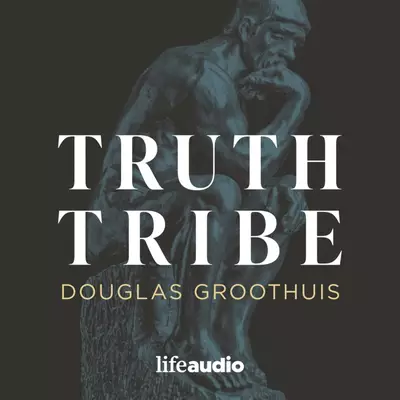
3 Lessons My Love of Jazz Has Taught Me about Being a Philosophy Professor
I am a jazz aficionado as well as a philosophy professor. Being in front of a classroom teaching is my favorite place on earth, second to a good jazz club with hip friends. In the midst of a philosophy class, I may wax enthusiastic about the transcendent qualities of a John Coltrane saxophone solo or the preternatural swing of Buddy Rich’s timekeeping or the song-writing and band-leading genius of Duke Ellington.
These comments are not merely idiosyncratic. They reflect something of a philosophical theory of pedagogy that is steeped in jazz sensibilities. After over thirty years of teaching philosophy in various settings, I have come to realize that my pedagogy has developed in ways that reflect the sensibilities and philosophy of jazz. This has much to do with my long-time love of jazz: the music, the history, the culture, and the players. The classroom should swing; students and their professor should spend time in the woodshed; the class will jam on philosophical themes deeply rooted in tradition, but be open to new chops. Some of my students learn these terms, incorporate them into their vocabulary, and start using them in relation to whatever subject we are addressing—and not just about jazz.
Three elements of jazz to appropriate for the classroom.
- Jazz works from and creatively appropriates a revered and rich tradition, the origins of which are not entirely clear and are a matter of scholarly dispute.
- Jazz is, at its best, highly creative in composition and in performance. Although jazz virtuosi are steeped in tradition, they must find their own voice in order to perpetuate that tradition in new forms—that is, to refract jazz through the prisms of their own unique personalities. Finding that voice requires moving from imitation to creation.
- Third, jazz is, according to the master jazz writer Whitney Balliett, “the sound of surprise.” A well-played piece of jazz music—even the most well-known standard—summons new ideas from jazz performers. The well-known need not be the well-worn, since the musical form—tied to the discipline of the musicians—can always yield something fresh and inspiring—or disastrous.
Swinging in the Classroom
There are many more chops to develop and traditions to fathom and appropriate in order to draw out the connections between the artistry of jazz and the artistry of the philosopher’s professorial pedagogy. But if we attend to the jazz sensibilities of mastering and extending a tradition through a strong work ethic; if we labor to find our own philosophical and pedagogical voices; and if we savor “the sound of surprise,” we will be well on our way to swinging in the classroom—and beyond.
Resources
1. Douglas Groothuis, “The Virtues of Jazz,” All About Jazz: http://www.allaboutjazz.com/the-virtues-of-jazz-john-coltrane-by-douglas-groothuis.php#.VGL4XPl4p4c
2. Douglas Groothuis, “How Teachers Can Swing in the Classroom” All About Jazz, http://www.allaboutjazz.com/jazz-pedagogy-by-douglas-groothuis.php#.VGL5Zfl4p4c
3. Douglas Groothuis, “John Coltrane and the Meaning of Life,” All About Jazz: https://www.allaboutjazz.com/john-coltrane-and-the-meaning-of-life-john-coltrane-by-douglas-groothuis.php.
4. Douglas Groothuis, “Whiplash and Philosophy.” Film review at And Philosophy: https://andphilosophy.com/2015/06/18/whiplash-and-philosophy.
5. Douglas Groothuis, “Jazz, Suffering, and Meaning.” All About Jazz: https://www.allaboutjazz.com/jazz-suffering-and-meaning-cyrus-chestnut-by-douglas-groothuis.php.
6. Douglas Groothuis, “Jazz and Philosophy” at All About Jazz: https://www.allaboutjazz.com/jazz-and-philosohy-john-coltrane-by-douglas-groothuis.php.
7. Douglas Groothuis, “Jazz and Moral Theory: Swinging the Right Way: All About Jazz: https://www.allaboutjazz.com/jazz-and-moral-theory-swinging-the-right-way-by-douglas-groothuis.php
Discover more Christian podcasts at lifeaudio.com and inquire about advertising opportunities at

Follow Dr. Groothuis:
Website: https://www.DouglasGroothuis.com